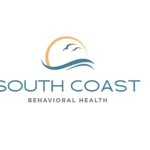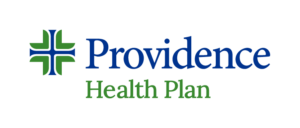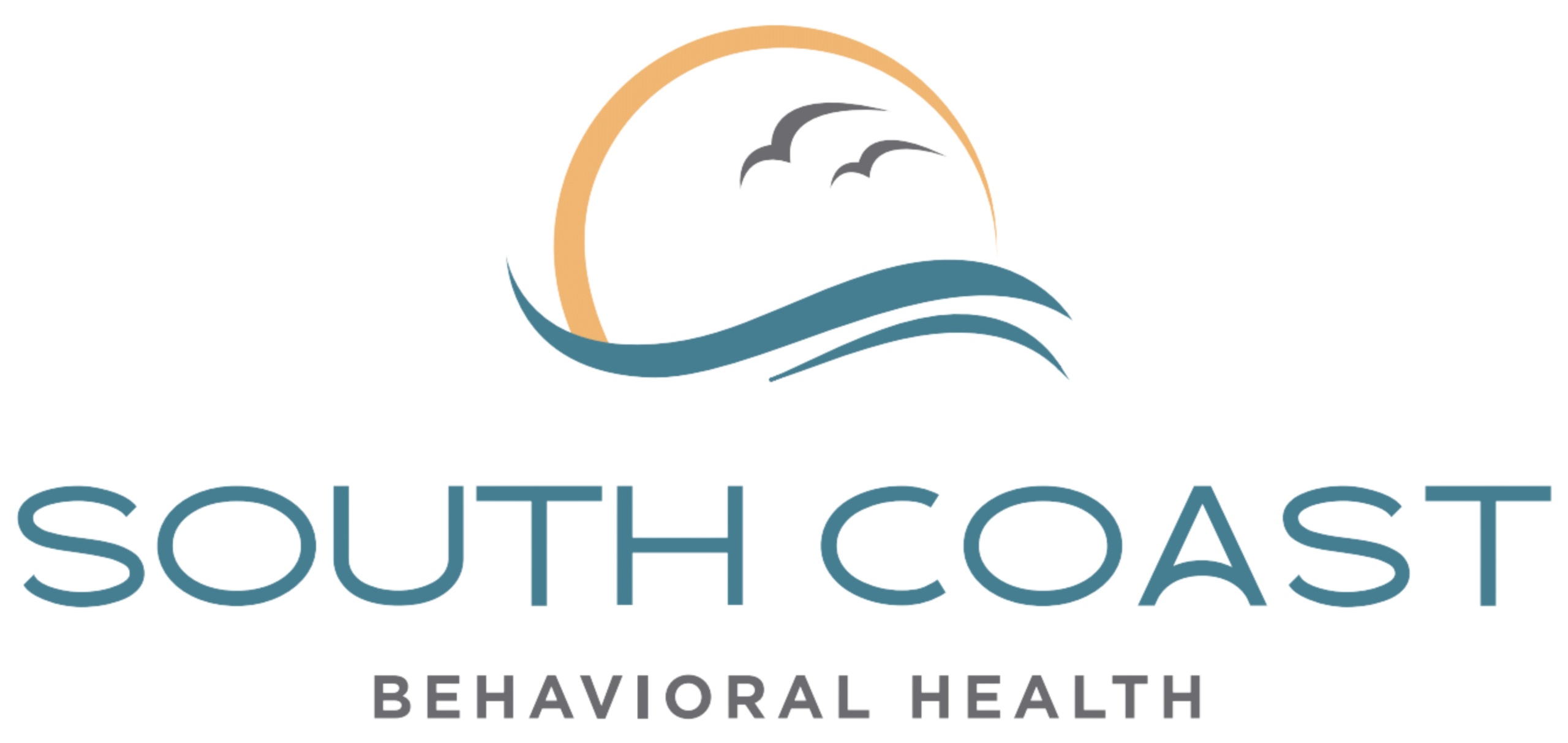Entering recovery can be hard – but staying on the path is even harder. Like any life change, addiction recovery doesn’t happen overnight. This can sometimes be hard to accept since we may be eager to return to our normal lives, leading us to wonder: what’s the typical addiction recovery timeline?
The truth is, recovery from addiction can be a lifelong process – there is no point at which you’ll no longer have your substance use disorder. But that doesn’t mean you won’t get to a point at which you can safely manage it on your own.
In this article, we’ll talk about the typical addiction recovery timeline and what kind of substance abuse help you can expect from a credible treatment center.
What Is Addiction?
Before we dive into the timeline of addiction recovery, let’s quickly review the basics of addiction. Put simply, addiction is the brain’s inability to regulate particular behaviors. When we become addicted to a substance or activity, our brain essentially rewires itself in a way that feeds the addictive behavior further.
Stopping drug and alcohol abuse doesn’t immediately change the brain back to normal. The changes in your brain’s pathways caused by substance abuse can last for months or even years. What’s more, some drugs are neurotoxic, meaning they kill brain cells – and brain cells don’t come back.
In addition, while some substances are indeed more addictive than others, studies show a large part of addiction is due to having an addictive personality. In other words, these personalities are formed through a mixture of nature and nurture – genetic predisposition combined with childhood experience.
This combination of hereditary traits and past experiences predisposes some people to drug and alcohol abuse to a greater extent than others.
What this means is that certain people, even after getting their addiction under control, need to remain extra vigilant – for example, they can’t simply enjoy a glass of wine like others, because they could end up trading their previous addiction for a new one.
All this is to say that addiction is a chronic, lifelong disease – and like any chronic illness, it needs to be managed and treated over the long term in order to achieve sustained results. This can be done through various substance abuse therapies, medication, and lifestyle changes.
How Long Does It Take to Recover From Addiction?
Research shows it generally takes at least 90 days for the brain’s prefrontal cortex to regain its decision-making ability.
This is why many drug and alcohol abuse rehabilitation programs have a 90-day duration between inpatient and outpatient treatment which, along with detoxification, is usually the first step in the substance abuse recovery timeline.
It’s here the person learns how to challenge negative thoughts, de-escalate conflict, manage stress, ease anxiety, and resist cravings.
However, it’s important to note two things:
- This is an average timeline, meaning every person is different, and some drugs take longer to recover from than others.
- Addiction recovery is a process, not a destination.
During this time, the goal of treatment is to create a sustainable plan that allows the individual to abstain from substance use going forward.
Setting an Addiction Recovery Timeline in Treatment
Substance use disorder recovery is a complex and highly individualized process that can be influenced by a range of factors, including the severity of the addiction, the type of substance involved, the presence of co-occurring disorders, and the person’s motivation for change.
For that reason, an addiction recovery timeline may differ from person to person. Establishing a proper timeline depends on addressing the unique needs and goals of the person in treatment.
As such, establishing a comprehensive and realistic addiction recovery timeline is essential to creating a successful treatment plan that addresses the unique needs of each person.
When you enter a credible treatment center, counselors can help you set recovery goals. These are known as SMART goals – SMART stands for specific, measurable, achievable, realistic, and timely.
Here’s one example of how this could play out:
- Specific: Attend three Alcoholics Anonymous (AA) meetings per week for the next three months.
- Measurable: Track attendance in a calendar or journal.
- Achievable: Choose meetings that fit into your schedule.
- Relevant: AA meetings provide support and guidance in sobriety
- Time-bound: Set a three-month timeframe for this goal.
One critical aspect of setting an addiction recovery timeline is acknowledging that recovery is not a linear process; it can involve setbacks, relapses, and periods of growth. Forgive yourself and understand that sobriety is an important step in living a healthy life.
Addiction Treatment Options at SCBH
At South Coast Behavioral Health, we offer a variety of addiction treatment options to help you in your journey toward lasting sobriety.
Inpatient Treatment
Our Residential Treatment in Costa Mesa, Irvine, and Huntington Beach provides a highly structured, supportive environment for individuals struggling with mental health or substance use disorders. Patients reside at the facility full-time, typically for a period of 30 days, and receive round-the-clock medical care and supervision.
These programs offer a range of therapies for alcohol and drug rehab, including individual and group counseling, as well as medication management, recreational activities, and family support services.
Partial Hospitalization Programs (PHPs)
Partial Hospitalization Programs are a step down from inpatient treatment, offering a higher level of care than traditional outpatient programs. Patients who undertake Partial Hospitalization in Newport Beach typically receive treatment five to seven days a week, for several hours each day. They then return home to their sober living environment later in the evening.
These treatment programs in alcohol and drug rehab provide intensive therapeutic interventions, such as group and individual therapy, skills training, and medication management, while enabling individuals to maintain some aspects of their daily routine and social support system.
Intensive Outpatient Programs (IOPs)
Intensive Outpatient Programs are a less restrictive form of care, designed for those transitioning from inpatient residential treatment or partial hospitalization programs. They are more intensive than standard outpatient treatment, however.
Patients receiving Intensive Outpatient Treatment in Newport Beach generally meet three to five days a week for a few hours per session, focusing on group therapy, individual counseling, and psychoeducation. This flexible treatment option allows participants to maintain their work or school commitments while receiving the support and therapeutic interventions necessary for recovery.
Get Started Today
If you or a loved one are thinking of getting help from a credible alcohol or drug rehabilitation center but wonder how long addiction treatment programs are or have other questions, call us at 866-881-1184. Our highly qualified staff will be happy to help give you an idea of what to expect from your addiction recovery timeline, verify your insurance, and help with any other questions you may have.
REFERENCES:























